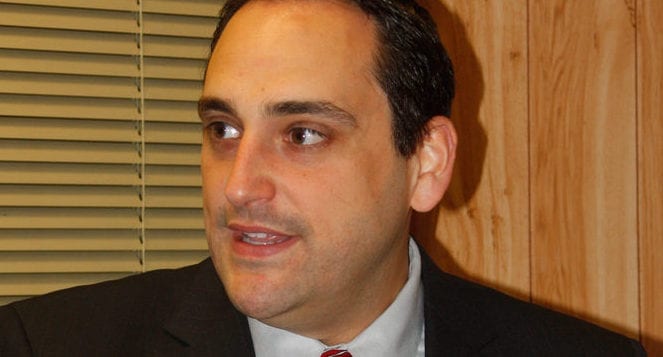Cold Spring Harbor Laboratory, a research center that has produced eight Nobel Prize winners and is stocked with first-class scientists generating reams of data every year, shared some numbers earlier this week on its economic impact on Long Island.
The facility brought in about $140 million in revenue in 2013 to Long Island from federal grants, private philanthropy, numerous scientific educational programs and the commercialization of technology its scientists have developed, according to a report, “Shaping Long Island’s Bioeconomy: The Economic Impact of Cold Spring Harbor Laboratory,” compiled by Appleseed, a private consulting firm.
At the same time the lab tackles diseases like cancer, autism and Parkinson’s, and employs 1,106 people with 90 percent working full time and 987 living on Long Island.
“We are recognized as being one of the top research institutions throughout the world,” Bruce Stillman, the president and CEO of CSHL said in an interview. The economic impact may help Long Islanders become “aware that such a prestigious institution exists in their backyard.”
Stillman highlighted programs that benefit the community, including public lectures, concerts and the school of education, which includes the DNA Learning Center, a tool to build a greater understanding of genetics.
The financial benefit to the economy extends well beyond Long Island, too.
“The research we do has an enormous impact on the development by others of therapeutics and plant science in agriculture,” Stillman said.
Indeed, Pfizer recently received U.S. Food and Drug Administration approval for a breast cancer drug called Ibrance that is expected to produce $5 billion in annual sales by 2020. The research that helped lead to that drug was conducted at CSHL in 1994.
In its 125-year history, this is the first time the laboratory has provided a breakdown of its financial benefit.
The impetus for this report occurred a few years ago, when Stillman met with Stony Brook University President Dr. Samuel Stanley Jr. and Sam Aronson, who was then the CEO of Brookhaven National Laboratory.
“We were talking about promoting further interactions and seeking state support,” Stillman said.
This year, CSHL will bring online a preclinical experimental therapeutics facility that will build out the nonprofit group’s research capabilities.
At the same time, CSHL is awaiting word on a $25 million grant it is seeking from New York State to support a proposed Center for Therapeutics Research.
The center would cost about $75 million in total, with CSHL raising money through philanthropic donations, partnerships with industry and federal aid. The center would “fit in well with our affiliation with North Shore-LIJ [Health System],” Stillman said.
CSHL plans to create the center in the Demerec Laboratory, which was completed in 1953 and needs an upgrade. Named after Milislav Demerec, a previous director at CSHL who mass-produced penicillin that was shipped overseas to American troops during World War II, the building has been home to four Nobel Prize-winning scientists: Barbara McClintock, Alfred Hershey, Rich Roberts and Carol Greider.
The renovated lab would house a broad range of research strengths, with candidates including a number of cancer drugs that are in the early stages of clinical trials; a therapeutic effort for spinal muscular atrophy, which is the leading genetic cause of death among infants; diabetes; and obesity.
The revenue from CSHL, as well as that from BNL, SBU and North Shore-LIJ, Stillman said, all have a “huge economic benefit to the Long Island community.”




















